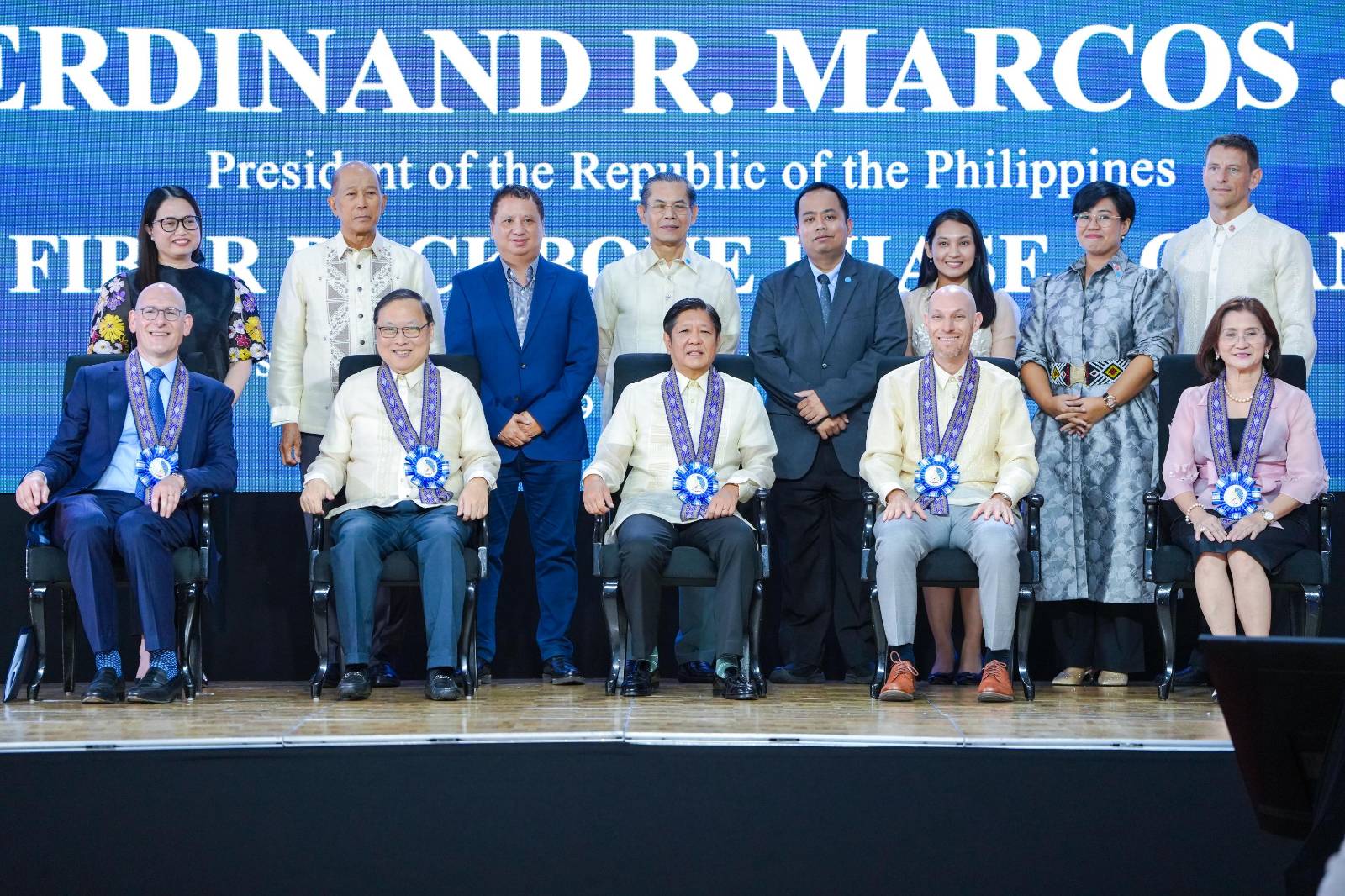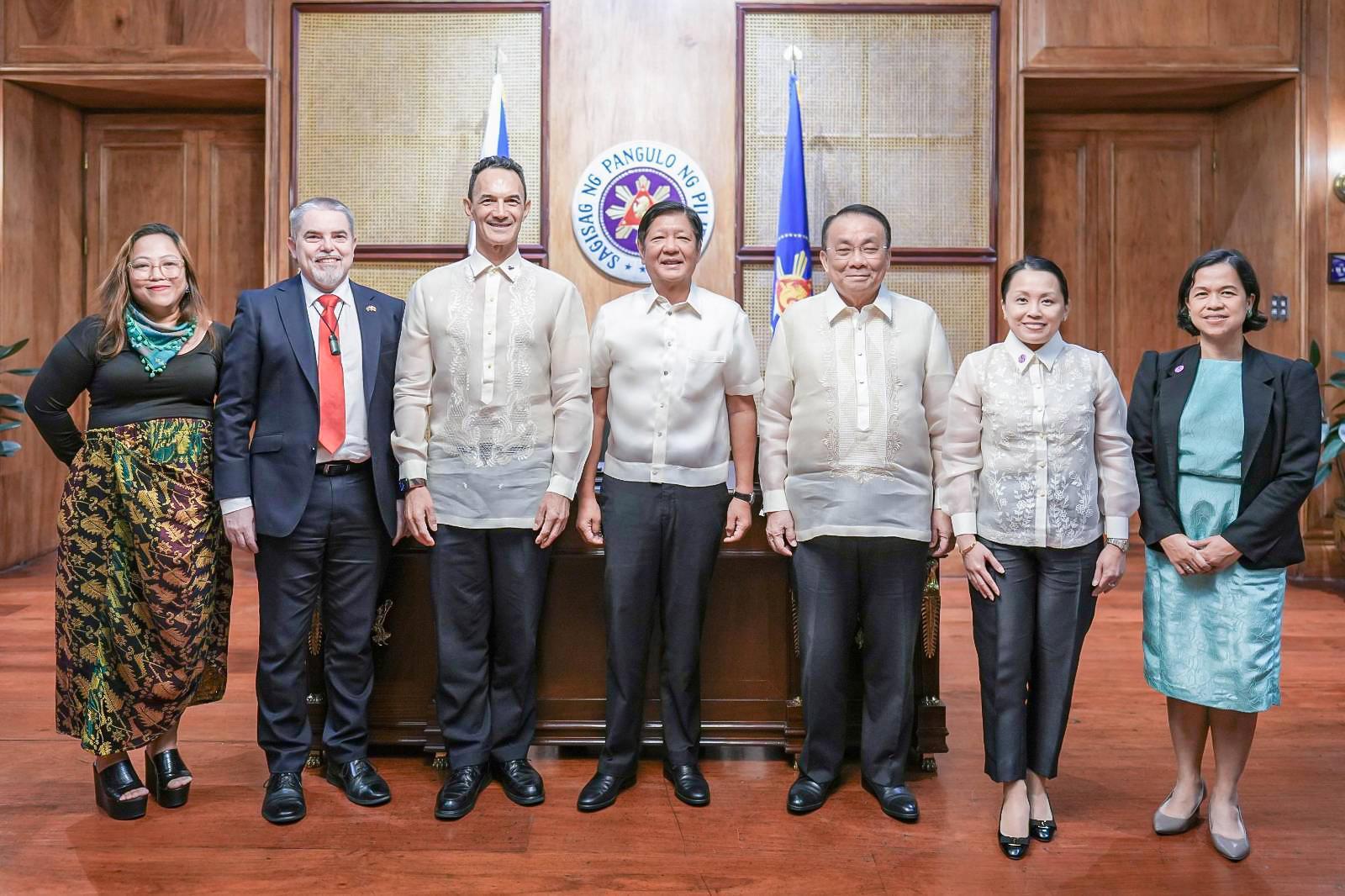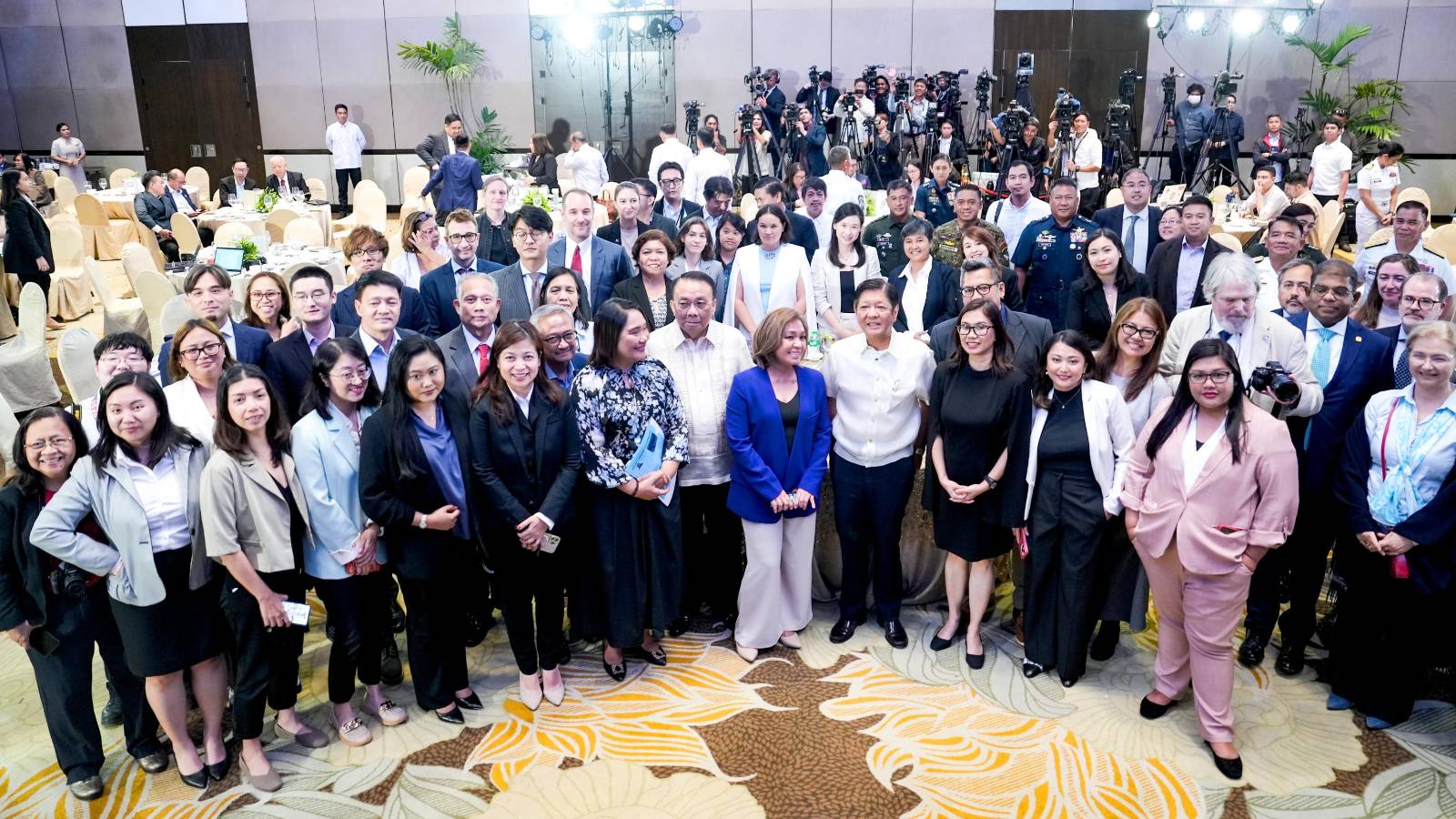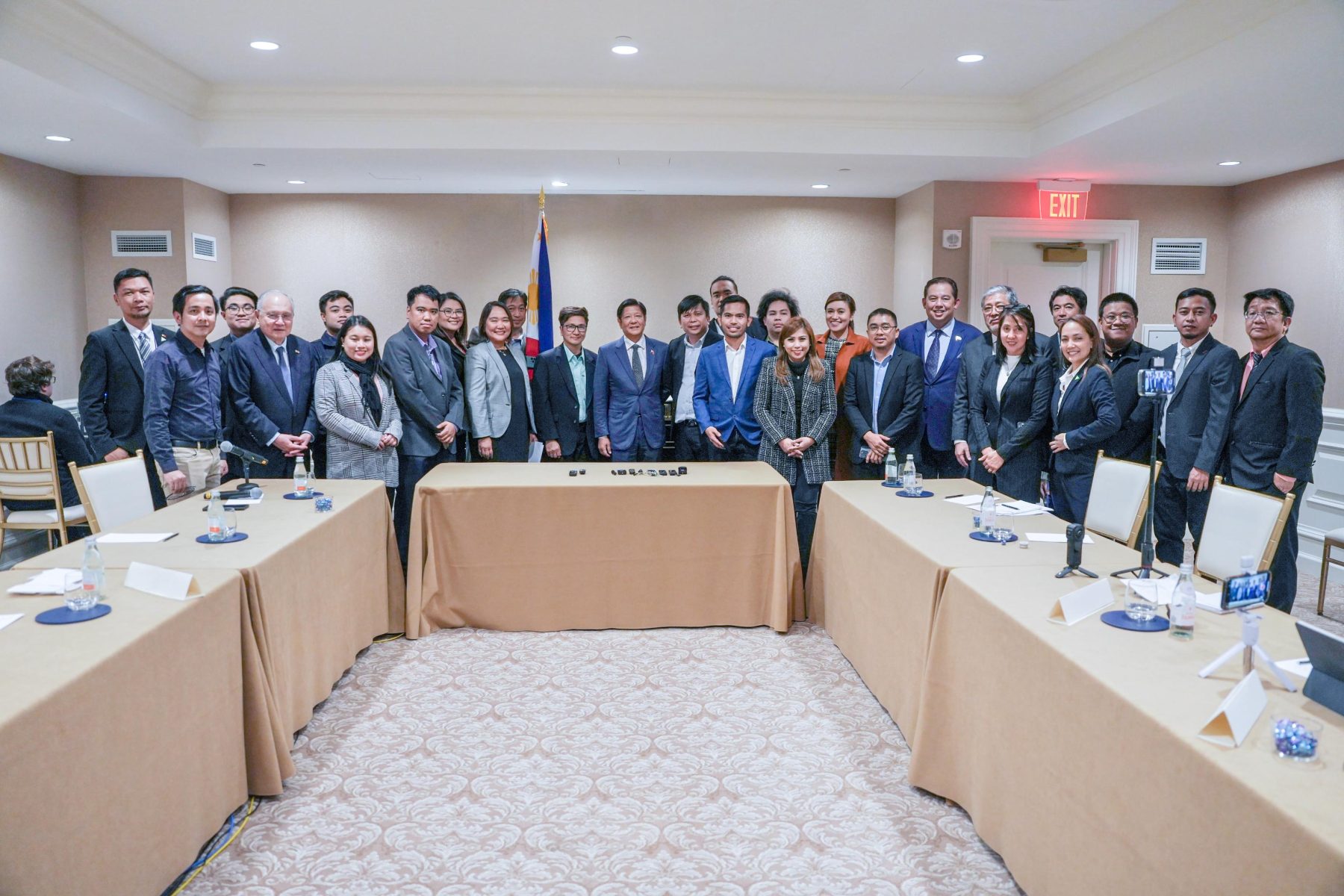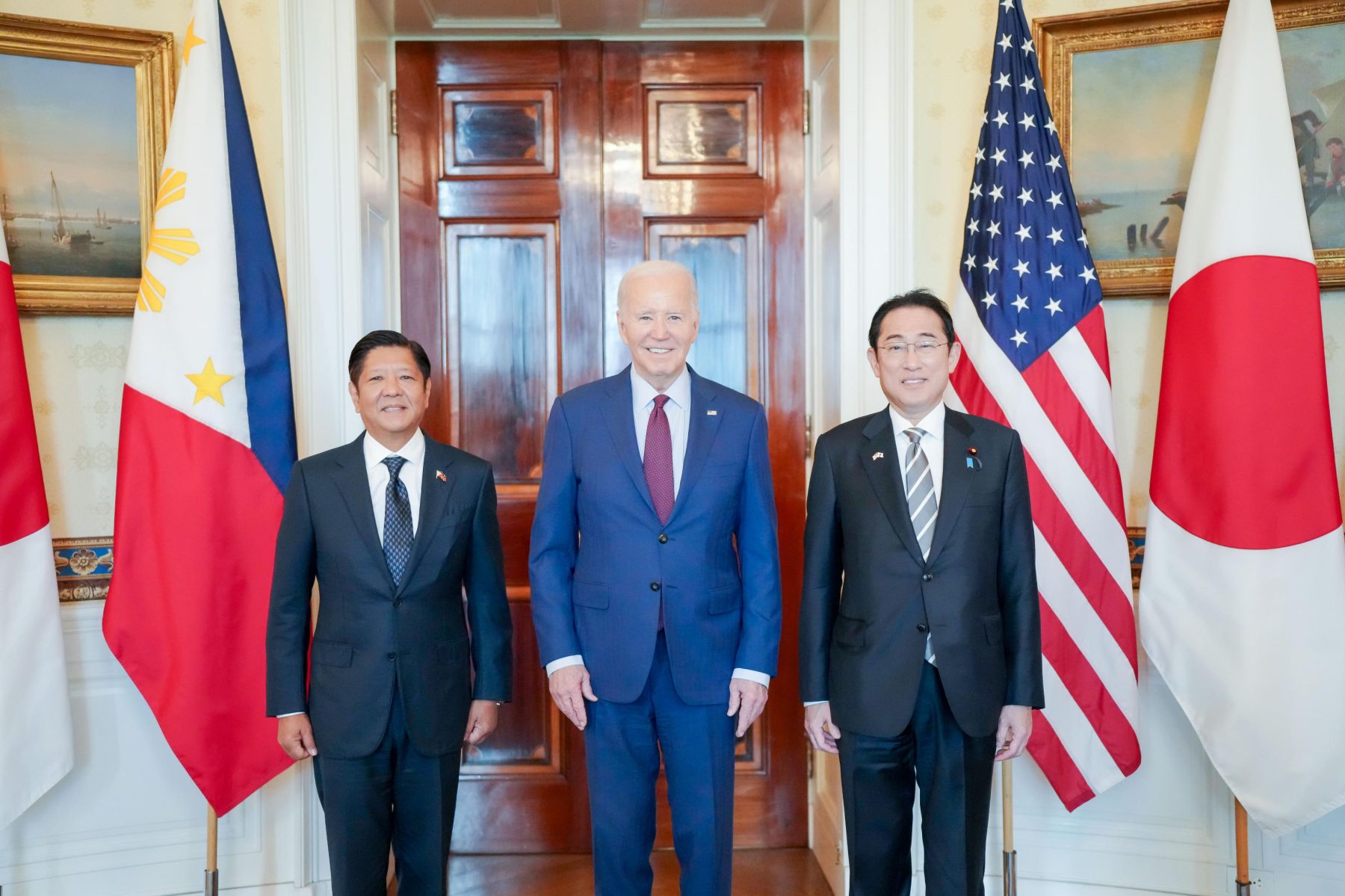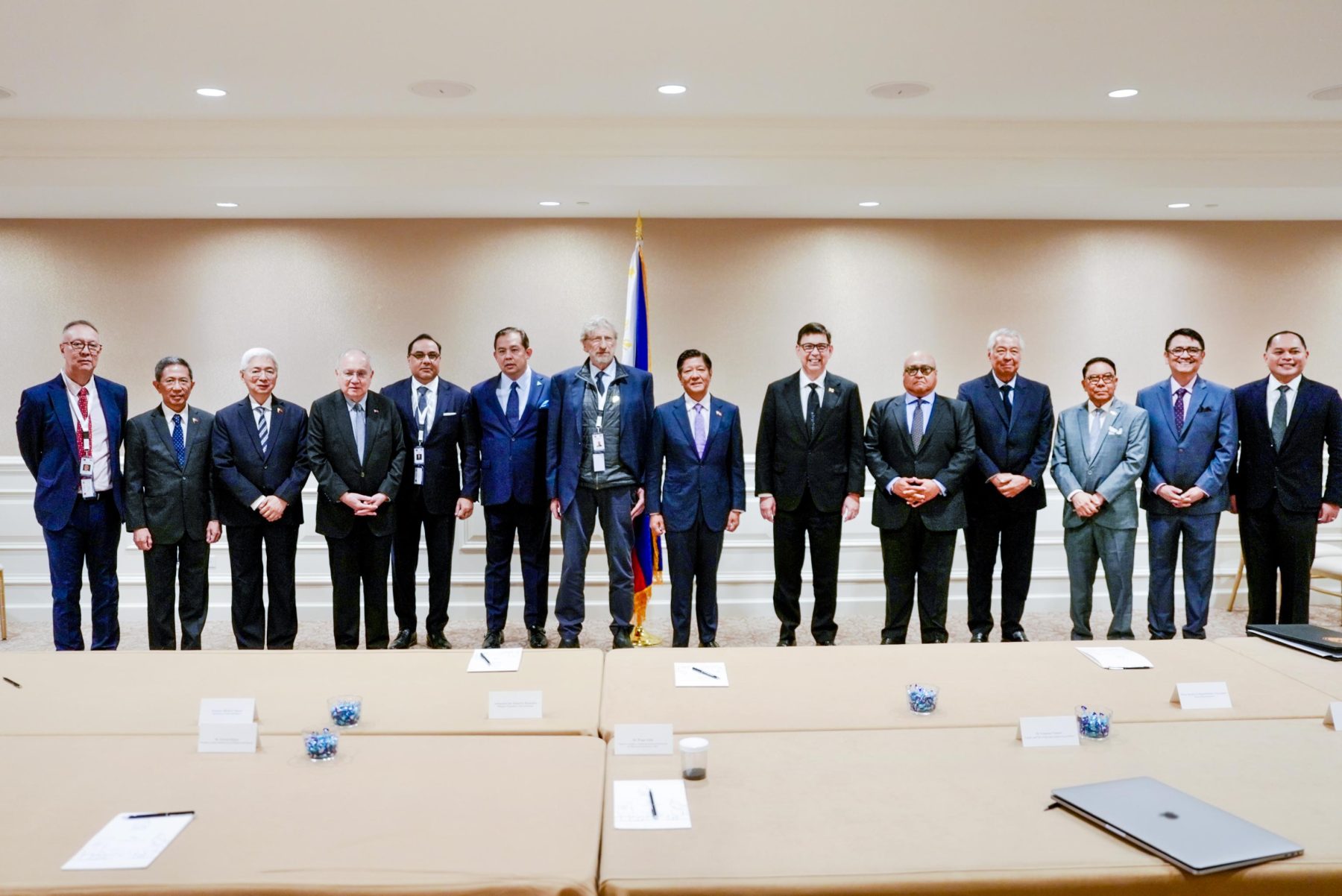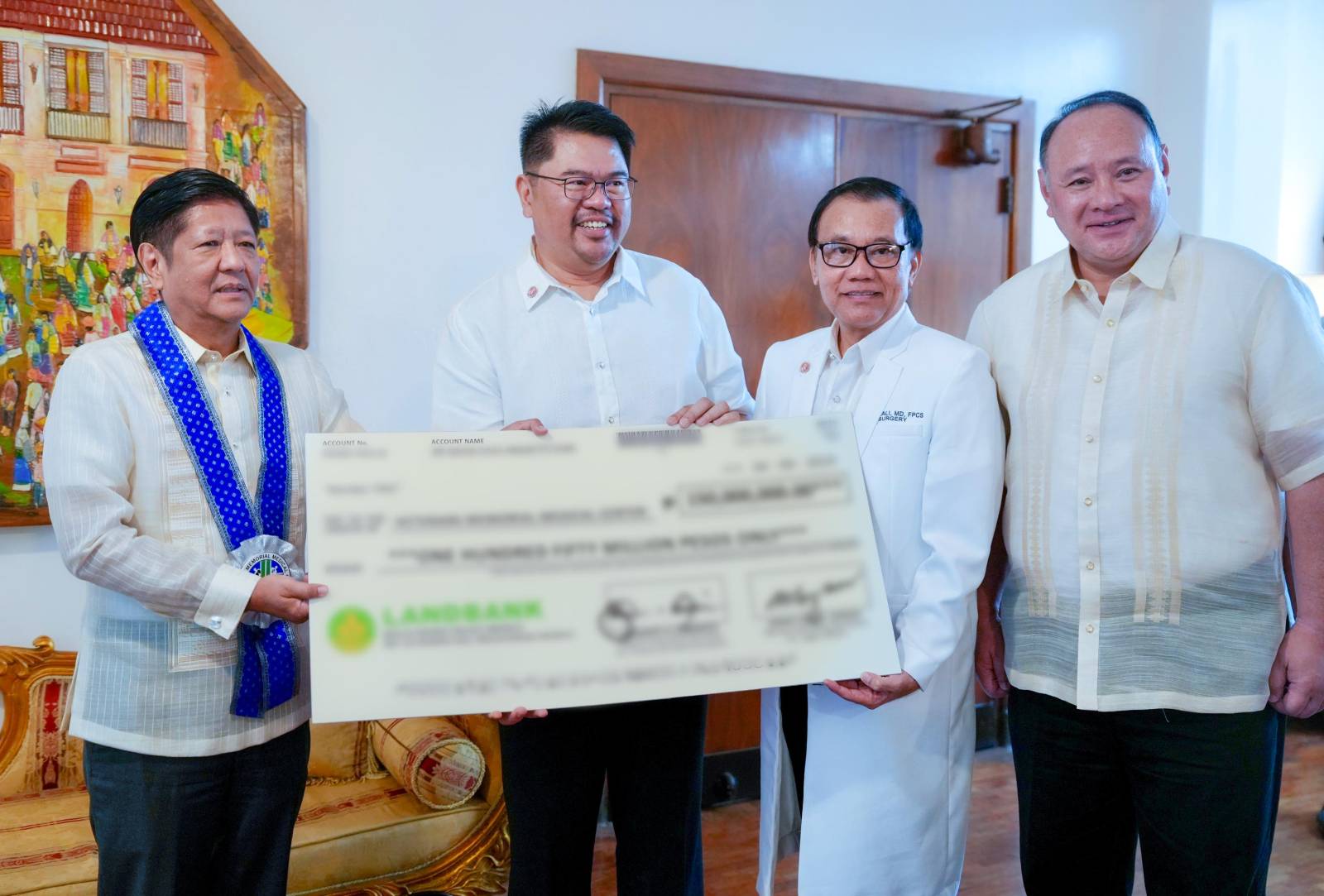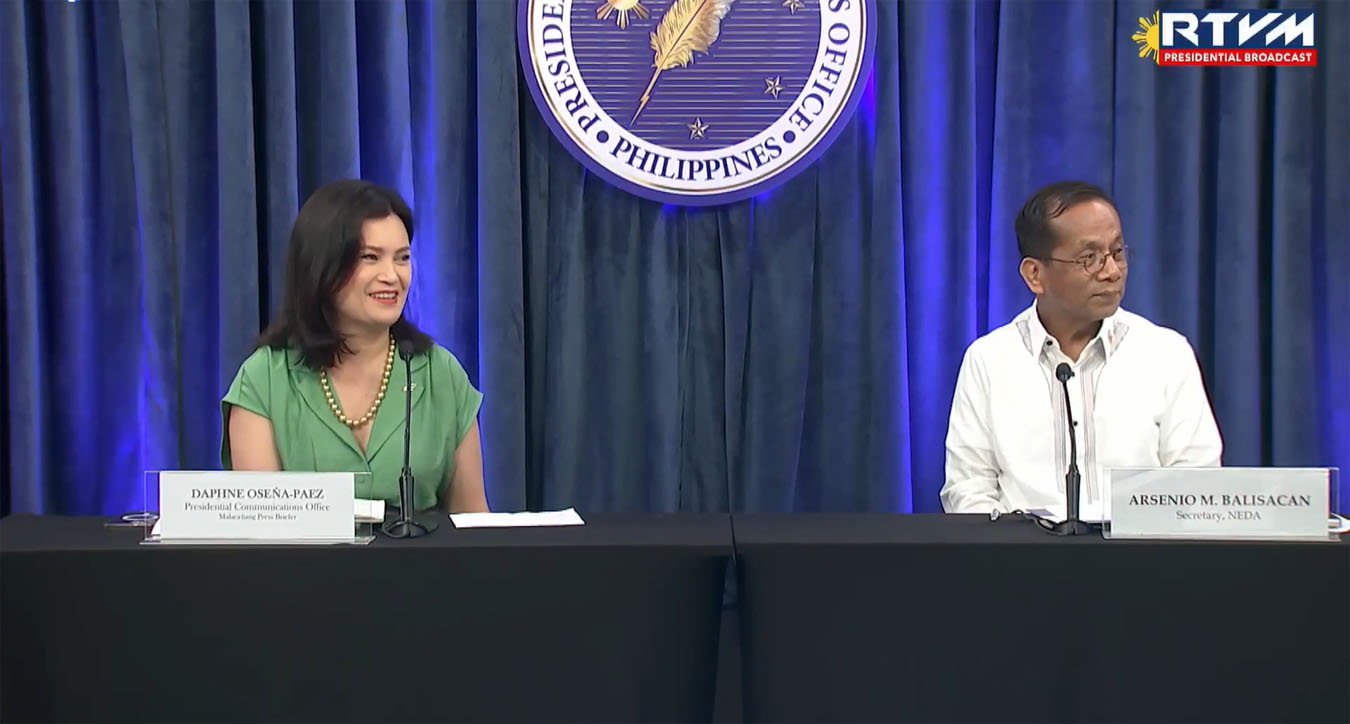January 13, 2016 – News Releases
 |
| 13 Jan 2016 |
|
|
|
| President Aquino declares January 18 a special holiday in Pagadian, Zamboanga del Sur and in Santa Rosa, Laguna |
| President Benigno S. Aquino III has issued proclamations declaring January 18 a special non-working day in the city of Pagadian in Zamboanga del Sur province, and the city of Santa Rosa in Laguna province.
Proclamation Nos. 1191 and 1192 declared January 18 (Monday) a special holiday in Pagadian for its 16th Pasalamat Festival, and in Santa Rosa for its 224th Foundation Day. President Aquino also signed Proclamation No. 1193 declaring January 23 (Saturday) a special non-working holiday in the province of Bulacan. January 23 marks the anniversary of the Inauguration of the First Philippine Republic, which took place at the Barasoain Church in Malolos. The proclamations were signed last January 6. PND (co) |
|
|
| President Aquino hopes next president would continue the Conditional Cash Transfer program |
| President Benigno S. Aquino III on Wednesday expressed hope that his successor would continue government programs that assist the poor, such as the Conditional Cash Transfer (CCT) program, to make the country’s economic growth more inclusive.
In a speech delivered during a conference on sustaining the gains of the CCT, held at the Asian Development Bank headquarters in Mandaluyong, President Aquino reported that the government has continued to develop ways to make the CCT program more sustainable, fine-tuning its various components to ensure that it yields the maximum benefits. “We have modified the program to provide support to families that are not covered by the regular CCT, such as those in the streets, as well as indigenous peoples,” he said. Another reform measure is the use of remittance and money transfer services to ensure the safe and timely delivery of grants to beneficiaries in far and isolated areas, he added. The Aquino administration has also increased the budget of the CCT program since its implementation, from P10 billion in 2010 to P62 billion in 2015. “This has allowed us to increase the beneficiaries from some 786,000 poor households when we assumed office, to close to 4.4 million poor households and homeless families empowered by the program nationwide, in five years,” he said. The President further said that for 2016, the government has increased the budget allocation to P62.7 billion to cover 4.6 million households, including those who have graduated from extreme poverty and are now considered “near poor” or those who are at risk of sliding back to an impoverished state with just one catastrophic disease or a natural disaster. Noting that CCT beneficiaries will only be able to reap the full benefits of the government’s support long after his term, President Aquino emphasized that sustaining and refining the program will be left to the hands of his successor. He lamented the possibility that the next president would opt to put a stop to the CCT, “leaving the fate of millions of our countrymen in limbo”. If this were to happen, he said, the Philippines would definitely lose its hard-earned momentum. “I believe the Filipino people have seen that Daang Matuwid is a correct path, with proven results, towards ending the vicious cycle of poverty. They have indeed seen that good governance is good economics,” the President said. “It is my deepest hope that, coming into the elections, our people have realized that they can demand for more good governance, and I believe that they will choose the right leader—one who has integrity and experience, who will sustain our gains, and who will definitely put country above self.” He expressed faith that Filipinos will not allow all the work of his government to be undone. “Through the power of the ballot, they will remind all those who make a promise to serve that they—the people—are the Bosses on the ‘straight path’, one that has led us to the cusp of permanent change,” he added. President Aquino pledged that in his remaining months in office, the administration will do its utmost to move the country further along that path, towards a more progressive and equitable future to ensure that the freedoms of the people are truly protected and completely realized. PND (as) |
|
|
| President Aquino approves measures establishing national high schools in two provinces |
| President Benigno S. Aquino III has signed into law two measures establishing national high schools in Dumalinao municipality, Zamboanga del Sur province, and Libagon, Southern Leyte province.
President Aquino approved Republic Act (RA) No. 10730, which states that a national high school will be established in Barangay Ticwas in Dumalinao, Zamboanga del Sur, to be known as the Ma. Clara Lobregat National High School. Meanwhile, Republic Act No. 10731 establishes a national high school in Barangay Jubas in Libagon, Southern Leyte, to be known as the Libagon National High School. RA 10730 and RA 10731 tasked the Secretary of Education to include in the Department’s program the operationalization of the two schools, the funding of which shall be included in the annual General Appropriations Act. The new laws also tasked the Secretary of Education to issue the rules and regulations necessary to carry out the purpose of this Act. President Aquino approved RA 10730 and RA 10731 last December 29. PND (co) |
|
|
| President Aquino signs law creating additional court in Nueva Ecija |
| President Benigno S. Aquino III approved last December 29 Republic Act (RA) No. 10739 on the creation of an additional branch of the regional trial court (RTC) in the Science City of Muñoz, Nueva Ecija province in the Third Judicial Region.Under the new law, the Supreme Court shall assign the branch number of the newly created branch of the RTC.
The Act tasks the Chief Justice of the Supreme Court, in coordination with the Secretary of the Department of Justice, to include in the Court’s program the operationalization of the additional branch of the RTC. “The funds necessary for the operation of the court herein created shall be appropriated and released only upon the actual organization of the court and the appointment of its personnel,” the new law states. “Section 14(c) of Batas Pambansa Blg. 129, otherwise known as ‘The Judiciary Reorganization Act of 1980’, as amended, and all other laws, executive orders, and rules and regulations which are inconsistent with this Act are hereby amended, repealed or modified accordingly,” it adds. The Act was passed by the House of Representatives on June 9, 2014, and was amended by the Senate on July 28, 2015. The House concurred with the amendments on September 21, 2015. PND (co) |
|
|
| Implementation of Conditional Cash Transfer program has drastically cut number of poor Filipino families, says President Aquino |
| The National Economic and Development Authority has projected that the sustained reduction in the country’s poverty incidence in terms of population will be between 18 percent to 20 percent for 2016, from 26.3 percent in 2009, President Benigno S. Aquino III said on Wednesday.
This reduction in the number of poor households in the country is due to the implementation of pro-poor programs, such as the Conditional Cash Transfer (CCT) program, the President said during a conference on sustaining the gains of the CCT, held at the Asian Development Bank headquarters in Mandaluyong City. He noted that according to the preliminary result of the latest round of assessments conducted by the National Household Targeting System, almost 1.55 million CCT families, or more than 7.7 million Filipinos, have been lifted out of poverty. “All because we directed our efforts towards broadening CCT and our other poverty alleviation initiatives, what was formerly viewed as a problem that could not be solved, within one administration, has taken a giant step forward on the path to equitable advancement,” President Aquino told the participants of the conference. He said he believes the CCT is an effective tool to fight poverty and the administration has proven that. “With enough political will, the right and prudent concentration of resources and funds, and the proper implementation of a solution borne out of our correct identification of problem, massive transformation can take place,” he said. The President cited that one of the key expansions to the CCT program involved covering households with children in high school, based on the finding that those who graduate from high school earn 40 percent more than those who merely attained some elementary education. Just last year, he said, the first batch of the 4th year high school student beneficiaries of CCT graduated, and of the 333,673 graduates, more than 13,400 finished with honors and various awards. Students who choose to enroll in technical-vocational programs under the Technical Education and Skills Development Authority (TESDA) will be further enabled to go beyond being casual workers without security, he added. President Aquino pointed out that if a student joins the business process outsourcing (BPO) industry, where a monthly salary of P18,000 is already considered at the low end, he will earn P234,000 in a year. If he is given the maximum tax deduction, his annual income tax will be at P7,900, the President said, adding that for TESDA’s Training for Work Scholarship Program, the government invests about P7,155 for every scholar. “In the first year of employment alone, the investment of government would be paid back in full, with profit,” he said. The Chief Executive further noted that 10.18 million children are benefitting from the CCT, 1.9 million of whom are in high school. “As more and more of our children from less fortunate families attend school through the help of CCT, as well as the reforms and investments in basic education, we continue to see an improvement in the figures of out-of-school youth,” he said. Citing a May 2015 study of the Philippine Institute for Development Studies and the UNICEF, he said that despite the increase in population, the number of out-of-school youth decreased from 2.9 million in 2008 to 1.2 million in 2013. “These same students who are able to attain a higher level of education thanks to the CCT, one day, through their contributions to the economy and through the taxes they remit, will help further break the cycle of poverty, and keep the engines of inclusiveness engaged at full throttle,” he said. “In short: Through the CCT and other meaningful interventions, we are spurring a virtuous cycle, where empowered Filipinos in turn become the keys through which their fellowmen are likewise empowered.” The government has raised the CCT’s budget allocation from P10 billion in 2010 to P62 billion in 2015, allowing it to increase the number of beneficiaries from 786,000 poor households in 2010 to nearly 4.4 million poor households and homeless families in five years. For 2016, the Aquino government has further increased the program’s budget allocation to P62.7 billion to cover 4.6 million households, including those who have graduated from extreme poverty and are considered “near poor”, or those who are at risk of sliding back to an impoverished state with just one catastrophic disease or natural disaster. PND (as) |
|
|
| President Aquino is a capable leader, says Palace official |
| A Palace official on Wednesday said that President Benigno S. Aquino III has proven his capability as a leader since his election in 2010.
In a statement, Communication Secretary Herminio Coloma, Jr. said the President “has kept faith with the people’s mandate by serving with integrity, dedication and courage”. “President Aquino has demonstrated his capability as a leader through several crisis situations during his administration,” Secretary Coloma said in reaction to Senator Juan Ponce Enrile’s recent comments questioning the leadership of the Chief Executive. “He has kept faith with the people’s mandate by serving with integrity, dedication and courage. This is reflected in the people’s support for the President’s candidates during the 2013 elections and the consistently-high performance, approval and trust ratings which he has maintained throughout the last five-and-a-half years,” he further said. According to reports, Senator Enrile said the Aquino administration has displayed “failure of leadership” in several instances, such as the Mamasapano incident, Luneta fiasco, and Yolanda devastation. The 92-year-old Enrile also noted President Aquino’s earlier remarks that the move to reopen the Mamasapano probe was “politically motivated” because the lawmaker pushing for it may have grudges against him. In a privilege speech in October last year, Enrile called for the re-opening of the Mamasapano investigation, saying he has personal information and possibly new evidence about the deadly incident. PND (jm) |
|
|



